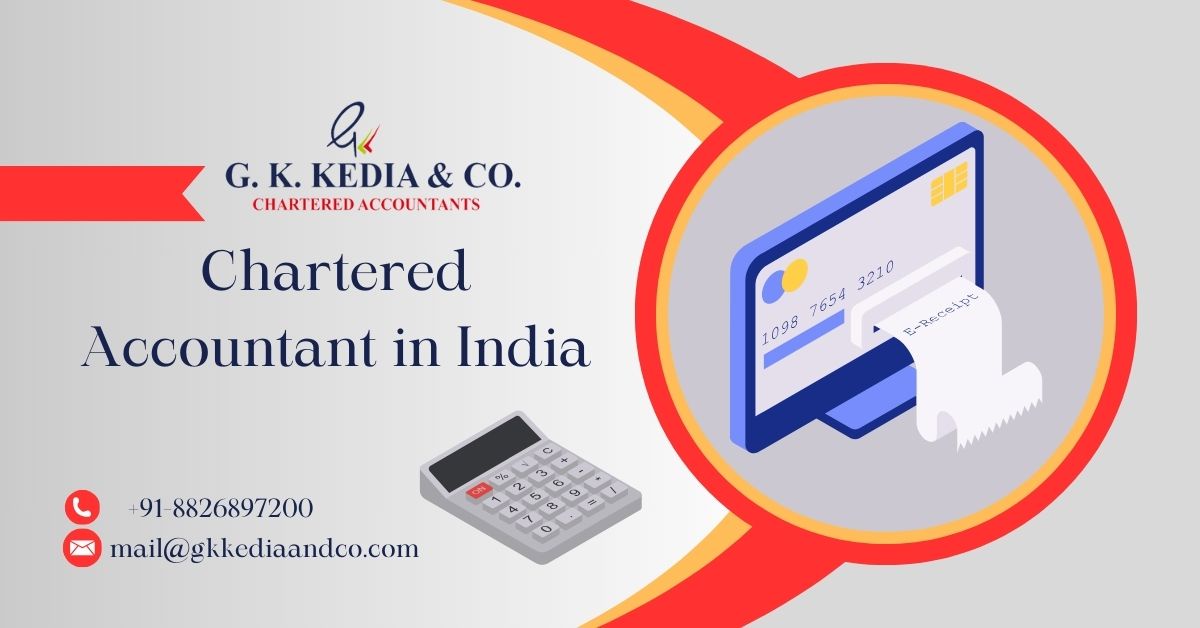Becoming a Chartered Accountant in India is a journey that involves rigorous education, professional training, and a commitment to upholding financial integrity. In this article, we will explore the key aspects of mastering the ledger, a fundamental skill for any Chartered Accountant.
Educational Journey:
The path to becoming a Chartered Accountant in India typically starts with pursuing a Bachelor's degree in Commerce or a related field. Subsequently, candidates enroll in the Chartered Accountancy (CA) program offered by the Institute of Chartered Accountants of India (ICAI). This program comprises three levels of examinations, each testing various aspects of accounting, auditing, and taxation.
Practical Training:
Beyond theoretical knowledge, practical training is a crucial component of the CA program. Trainees work under the guidance of experienced professionals, gaining hands-on experience in maintaining ledgers, preparing financial statements, and ensuring compliance with accounting standards.
Mastering the Ledger:
The ledger is the core of accounting, serving as the primary book for recording financial transactions. Chartered Accountants must master the art of ledger maintenance to accurately depict the financial health of an organization. This involves:
Double-Entry System:
Understanding the principles of double-entry accounting is essential. Every transaction has a dual effect on the ledger, with each entry affecting at least two accounts.
Classification of Accounts:
Categorizing accounts into assets, liabilities, income, and expenses is critical. Chartered Accountants must be adept at placing transactions in the correct accounts to ensure accurate financial reporting.
Journal Entries:
The process of recording transactions begins with journal entries. Each entry must include the date, accounts affected, and the corresponding amounts.
Ledger Posting:
Once journal entries are made, they are posted to the respective ledgers. This involves transferring information from the journal to individual accounts in the ledger.
Trial Balance:
Periodically preparing a trial balance helps in identifying any discrepancies in the ledger. It ensures that debits equal credits, providing a preliminary check on the accuracy of the ledger.
Financial Statements:
The ledger forms the basis for generating financial statements, such as the balance sheet and income statement. Chartered Accountants use these statements to communicate the financial position and performance of an entity.
Adherence to Accounting Standards:
Chartered Accountants in India must adhere to accounting standards set by the ICAI. This includes maintaining transparency, consistency, and accuracy in ledger entries to comply with national and international financial reporting norms.
Continuous Professional Development:
The accounting landscape is dynamic, with evolving regulations and standards. Chartered Accountants must engage in continuous learning to stay updated on the latest developments in accounting practices and technologies.
Mastering the ledger is a foundational skill for Chartered Accountants in India. Through a combination of education, practical training, and a commitment to upholding professional standards, CAs play a pivotal role in ensuring financial transparency and accountability in the business world.


No comments yet